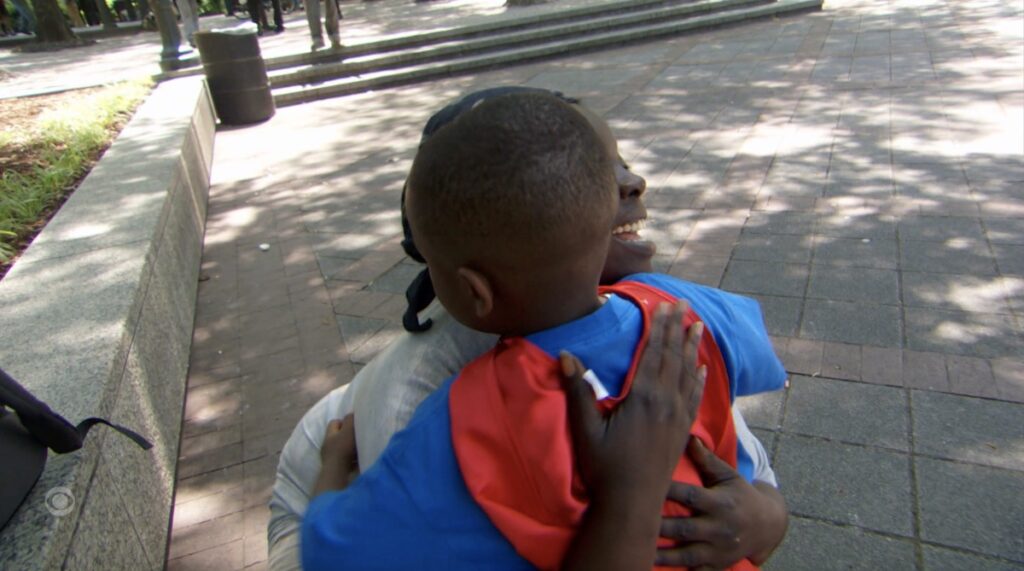
Honesty is not always easy, but lying affects more than just your character. The cost of lying is much greater than you think when you are in the moment where a lie may be the easiest answer.

Identify and understand emotions, values, attitudes, motivations, mindsets, and personal attributes.
Exhibit a growth mindset and willingness to learn from mistakes.
This lesson allows students to explore the impact of lies on their relationships and themselves.They will consider how being honest honest, even when it’s hard, is the best long-term decision.
Large Group
Partners/Small Group